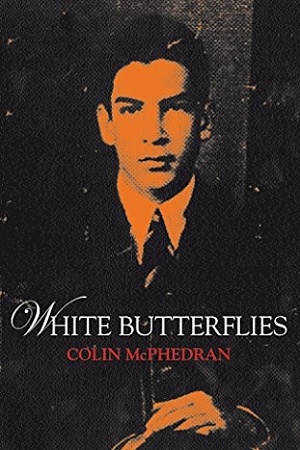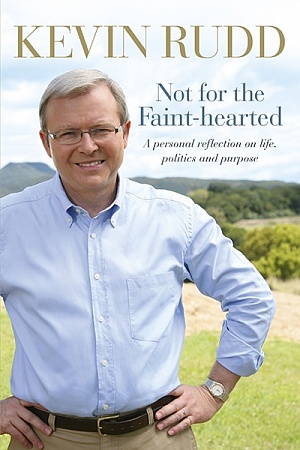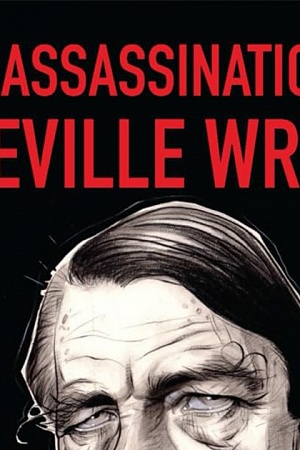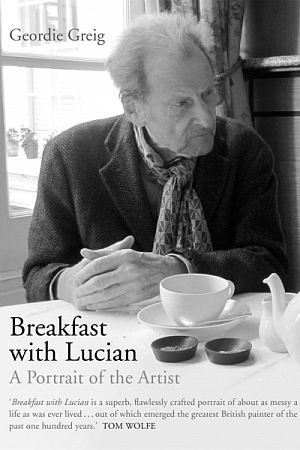A Thinking Reed
Allen & Unwin, $55 hb, 572 pp, 978174114387X
A Thinking Reed by Barry Jones
Gough Whitlam is idolised, Bob Hawke respected, and Paul Keating admired, but Barry Jones is undoubtedly the most loved by the Labor party rank and file, a lovability which puzzled many of his colleagues in the Hawke government (1983–91). Insofar as they recognised it, they qualified it – labelling him ‘a loveable eccentric’ – a characterisation of which Jones himself is aware. There is little in his political career to explain this phenomenon. An assiduous figure in the Victorian Labor Opposition for five years, he was a junior minister for six years in the Hawke government, in his own words ‘a minister low in the food chain … [who had a] chequered career as Minister for Science’; he was then ‘defenestrated’ as a minister by his own Centre-Left faction, only to be resurrected as National Party President on and off during the years of Labor’s decline and fall. How does this scarcely stellar political career translate into such enduring popularity?
A clue may lie in parallels with Pauline Hanson, whose ‘preliterate approach’ to politics Jones despised. Both Hanson and Jones radiate a kind of childlike quality, innocents abroad in a world of feral adults. Yet despite her naïveté, Hanson shook the liberal verities of Australian politics, while, despite his innocence, Jones has been a remarkable accumulator of political patronage. Moreover, just as Hanson’s popularity derived from her ‘not being one of them’ (a politician), so his derives from being so much more than a politician. In an age in which politicians rank low in public esteem, being more than, less than or just not one of them is an invaluable political asset. And Jones is perhaps the most extraordinary polymath ever to have sat in an Australian parliament.
Quiz king, politician, ambassador, author, traveller, cultural commissar in the arts, education and film, adjunct professor, Cambridge college fellow – the range of his roles boggles the imagination. He was a seminal figure in the revival of the film industry in Australia in the 1970s; his book Sleepers, Wake! (1982) is one of the more important works published by an Australian in the latter part of the twentieth century; The Macmillan Dictionary of Biography (1981, 1986, 1989) was a monumental achievement; and for a decade he was at the heart of UNESCO, first as Australian executive board member, and then as ambassador.
Continue reading for only $10 per month. Subscribe and gain full access to Australian Book Review. Already a subscriber? Sign in. If you need assistance, feel free to contact us.














Leave a comment
If you are an ABR subscriber, you will need to sign in to post a comment.
If you have forgotten your sign in details, or if you receive an error message when trying to submit your comment, please email your comment (and the name of the article to which it relates) to ABR Comments. We will review your comment and, subject to approval, we will post it under your name.
Please note that all comments must be approved by ABR and comply with our Terms & Conditions.